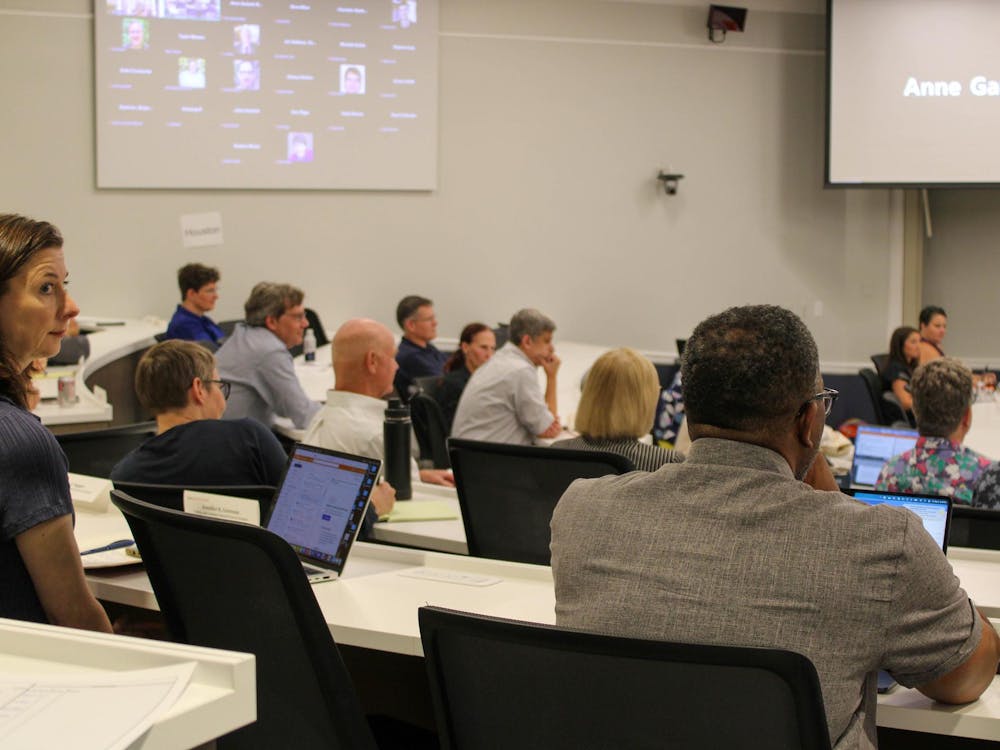American college students show little to no academic growth in the fields of critical thinking, complex reasoning and written communication during their first two years, according to a recently published study by Sociology Prof. Josipa Roksa in conjunction with Richard Arum, a sociology professor at New York University.
The study, detailed in the recently published book "Academically Adrift: Limited Learning on College Campuses," contains data collected from fall 2005 to spring 2009 from more than 2,300 undergraduate students at 24 universities across the country. Forty-five percent of students surveyed demonstrated no gains in these two years, while 50 percent of students did not take a course the previous semester that required 20 pages of writing, and one-third of students did not take a course that required at least 40 pages of reading per week.
The study also reported that students spend a combined 16 percent of their time attending classes and studying, as opposed to 51 percent of their time socializing. This division of students' time helps account for students' unsubstantial academic gains, the researchers concluded, in addition to a culture in universities that often prioritizes graduate students and research over undergraduate learning.
Roksa and Arum began the study while Arum served as Roksa's academic adviser as she earned her doctorate in philosophy at NYU. Arum learned that the Council for Aid to Education was collecting data on college students, and Roksa joined the project because higher education was her expertise.
"While large national datasets include objective measures of learning for students in primary and secondary schools, they provide no objective measure of learning once students enter college," Roksa stated in an e-mail. "We thus had an unprecedented opportunity to study learning in higher education."
Second-year College student Kelsey Hession said she thinks the reported 51 percent of time that students spend socializing is exaggerated and that she expects the statistics to vary widely based on which university is being considered.
"I don't think you can say every single person is like that," Hession said. "I'm sure there are certain schools where those statistics are reversed."
Vice President for Research Thomas Skalak said the University does not aim to greater emphasize research over the undergraduate experience, describing research as "inquiry" or "experiential learning."
"It's our commitment to provide experiential learning through research for all levels, starting with 18-year-olds in college," Skalak said. "Not only do we not emphasize research over education, we believe in integrating the two and that's what makes a great education."
As a follow-up study, Arum and Roksa are currently gathering data on students' transitions to the labor market after they graduate, as well as on how their outcome relates to their test information in the fields of critical thinking, analytical reasoning and writing skills.






